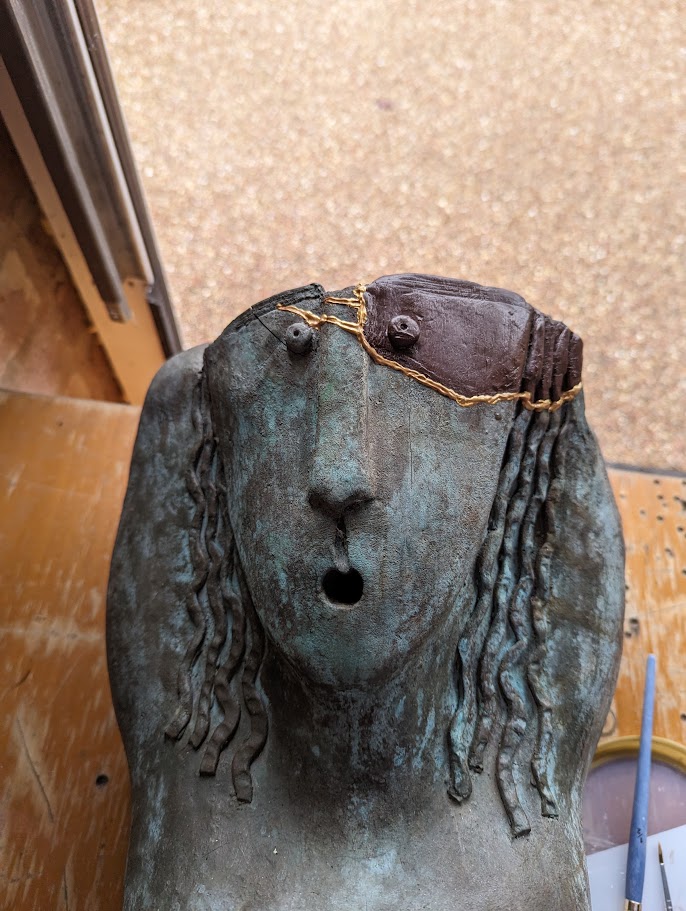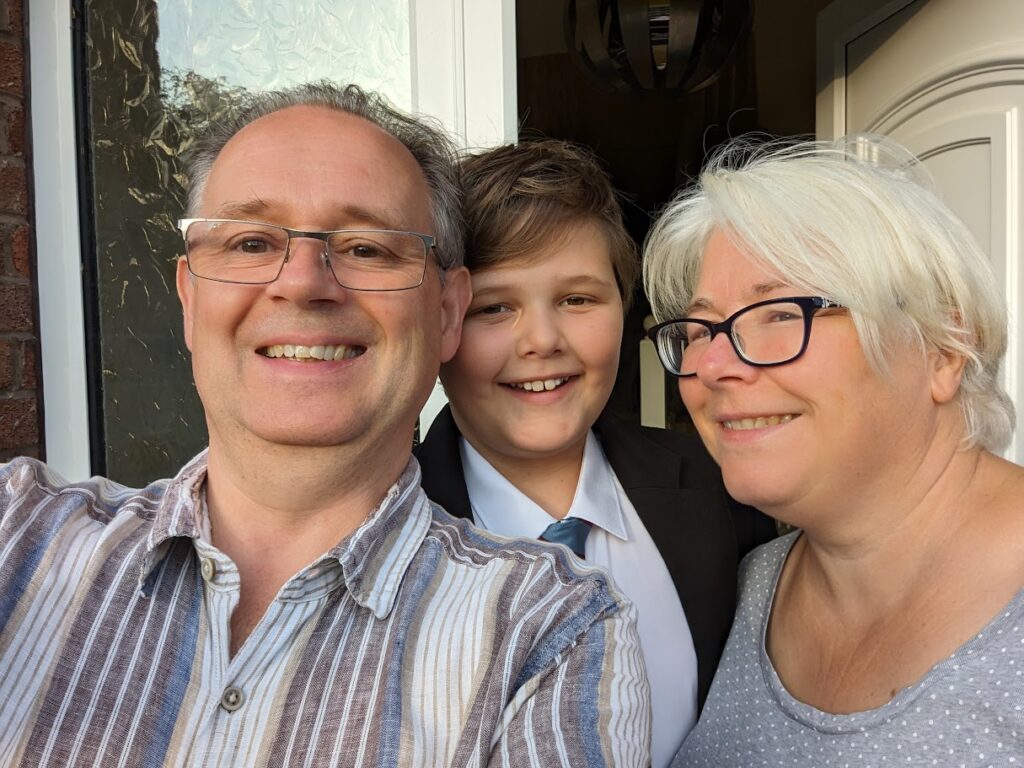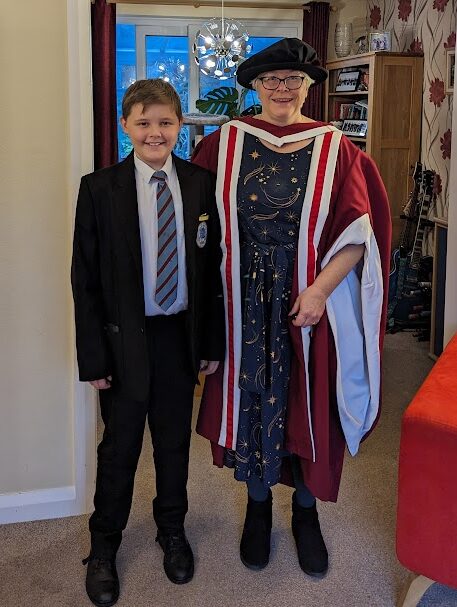This year has been rather unusual as a result of redundancy, and long COVID.
I caught COVID in February 2022 and my fitness has been in steady decline since then – I used to be able to run 3x10km per week but through 2022 I struggled to work my way back to that level and in fact each time I made progress I was knocked back to a lower level until by September this year I stopped running. I have also missed out on holidays and family gatherings – knowing that an half an hour or so of mild exertion would leave me exhausted. In the spring of this year I approached my GP, and after a long series of tests which showed I was in otherwise excellent health I ended up in my local long COVID clinic in October.
The long COVID clinic has been really helpful – after an initial evaluation appointment (an hour long with two people!) I now have a monthly meeting with an occupational therapist whose main advice is not to do too much and rest. I’m currently stable but not doing much, looking forward to working my way back up very cautiously.
This summer, at the age of 53, for the first time in my life, I was made redundant. This was a rather stressful process, mitigated slightly by the fact that at the first hint of redundancy being on the cards (invitation to a meeting with line manager and a representative of HR) I made my “can I retire?” spreadsheet and that looked like a possibility! I am not retiring though. I wrote a “Leaving Address” blog post. After spending the summer lounging around doing not much except a little DIY, I then spent the Autumn doing little on the advice of the long COVID clinic.

Then I became employed by mistake*! My old boss from ScraperWiki got in touch asking if I was available because UNOCHA were looking for someone to do maternity cover. I worked on the establishment of the Humanitarian Data Exchange for UNOCHA nearly 10 years ago. The day after my first contact I spoke to someone I’d worked with 10 years ago, submitted my CV and filled in a form. I had a contract inside a week! I’m really enjoying the work. The end of year townhall meeting was a bit of an eye-opener – it included personal testimonies from people working in Türkiye (where there was an earthquake earlier this year), Yemen (war zone) and Gaza (also war zone).
I blogged about 18 books this year, including biographies of Richard Trevithick, John von Neumann, Margaret Cavendish, and Grace Hopper. If nothing else they highlighted just how exceptional and unusual people who warrant biographies are. The Grace Hopper biography was prompted by Broad Band by Claire L. Evans a book about women working in computing over the years since Ada Lovelace in the first half of the 19th century.
There have been a few books that fit under the diversity theme, in addition to Broad Band, On Savage Shores by Caroline Dodds Pennock – about native Americans in Europe from the 15th century, Femina by Janina Ramirez – about women in the medieval period and The First Astronomers by Duane Hamacher . The First Astronomers is about aboriginal astronomers from various parts of the world (although mainly Australia) – they are very astute observers, aware of phenomena only recognised in the West in the later 19th century. I also gained a better appreciation for oral traditions from this book, stories are not meant to be taken literally – they are mnemonics to pass on vast bodies of knowledge as accurately as possible. I think these books have had the biggest impact on how I think.
There was a thread of books on data visualisation too – starting with Storytelling with data by Cole Nussbaumer Knaflic continuing with Data Points by Nathan Yau, Resonate by Nancy Duarte and finishing with Storytelling with you by Cole Nussbaumer Knaflic. In other technical books I also read Masterminds of Programming by Federico Biancuzzi and Shane Warden – about the inventors of a number of programming languages, and The Mythical Man-month by Frederick Brooks Jr. The Mythical Man-month is a classic in software project management, written based on experiences in the late sixties it has the air of fifties era sci-fi, fantastically insightful in places but deeply anachronistic in others.
With time on my hands I also started a series of technical posts of my own, on the ecosystems for different programming environments – starting with Python and Typescript – this turned out to be quite revealing – Python is my “first” programming language at the moment but researching the Typescript ecosystem clarified my understanding of Python.
I read a couple of historical overviews, The Earth Transformed by Peter Frankopan, about the impact of the environment on human history and vice verse, and How the world thinks by Julian Baggini – this is a comparative history of philosophy. The Wood Age by Roland Ennos and Foreign Bodies: Pandemics, Vaccines and the Health of Nations by Simon Schama are difficult to classify. I must admit I struggled with Foreign Bodies, it featured incredibly long chapters, and the longest sentence I recall reading in English.
My son started high school, which went very well. There is a lot more preparation than there was when I was growing up, transition days, a couple of summer school days and a WhatsApp group! Mrs H is now Dr H – she graduated from her EdD in October.
Personally, I am hoping for a better 2024 with some recovery from long COVID and perhaps the continuation of the work I am doing with UNOCHA.
- Withnail and I reference :-)



